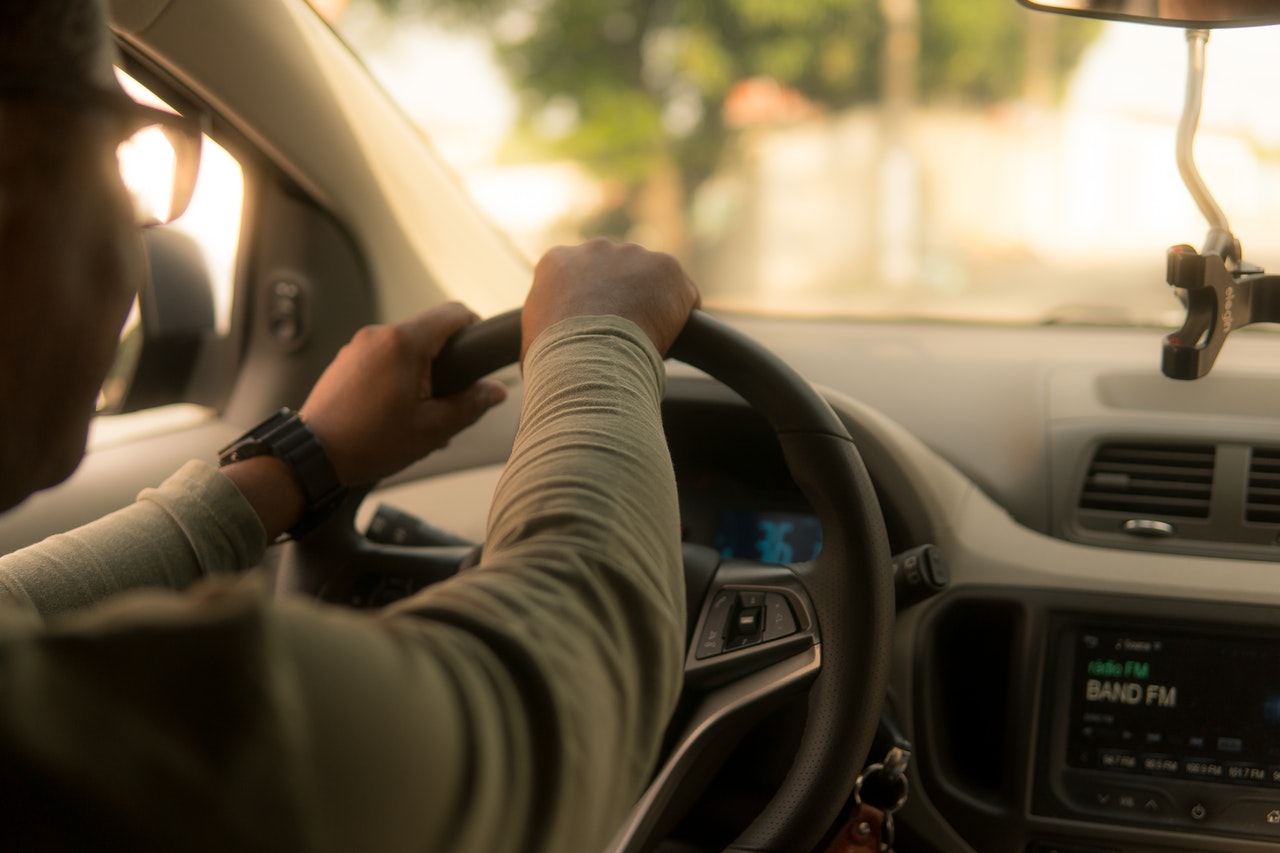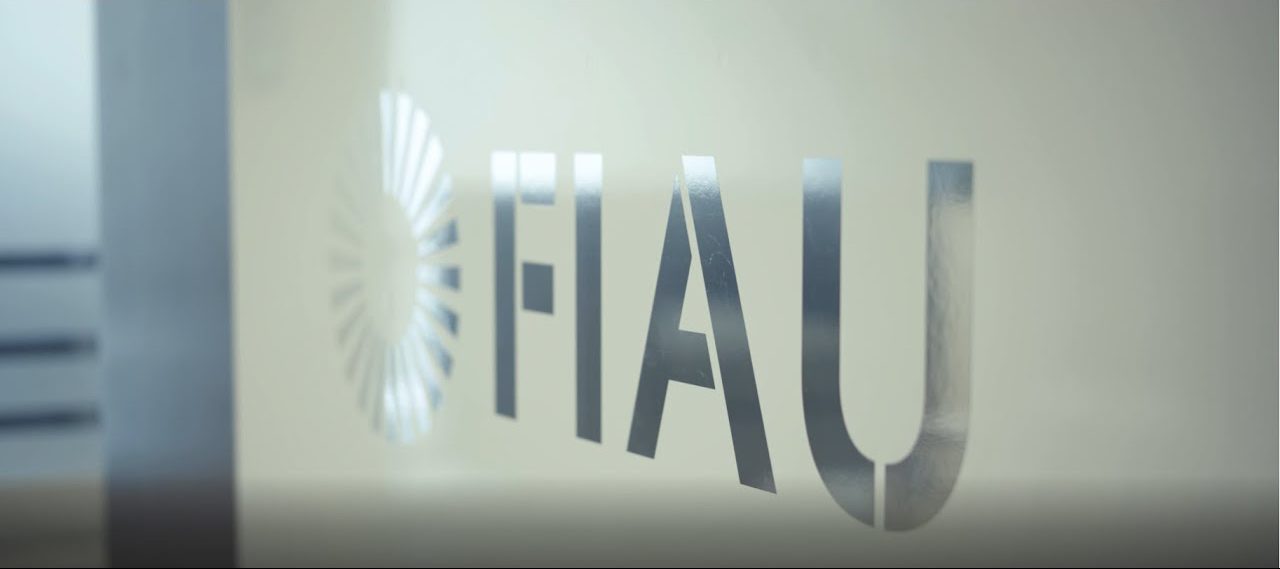The Malta Taxi Licensed Association has lambasted the “unacceptable” situation after one of its drivers was left bloody and bruised after an altercation in Ċirkewwa.
In a strongly worded statement, the Association put the blame squarely on the Minister for Transport’s shoulders for failing to implement a system for geofencing, which would prohibit cabs from staying within 100m to 250m of a licensed taxi stand.
There are only 250 official taxis in Malta, and 50 in Gozo, recognised by their distinctive white colour.
All other similar services, like Bolt and Uber, are licensed as cabs.
Under new regulations published last month, cabs cannot operate within 100m of white taxi stands, increasing to 250m in key areas like the airport, ferry landings, and the Valletta Cruise Port.
Speaking to BusinessNow.mt, Malta White Taxi CEO Malcolm Ciantar explains that although the regulation is technically in force, it is practically unenforceable unless cab service providers implement technical changes to their applications.
“The system, in use around the world, automatically switches off cab drivers’ apps when they are within these restricted zones,” he says. “This creates hassle-free enforcement since these drivers would naturally want to exit these zones to be able to receive bookings.”
As it currently stands, he continues, Transport Malta officials do their best to enforce the rules, but “cannot be expected to monitor an entire island”.
He adds that the situation has gotten worse ever since the number of foreign cab drivers increased, many of whom do not know the rules.
“Before, Maltese cab drivers also used to park in reserved taxi spots,” says Mr Ciantar, “but once you honk at them, they would move, since they knew they were in the wrong. Now, foreigner drivers unaware of the law actually take it against you for pointing them out, and some even get aggressive.”
Despite repeated promises from the Ministry for Transport that such an automatic geofencing system is in the works, there has been no update or indication of when it might come into effect, he says.
In the statement released today, the Association expressed its solidarity with Anthony Spiteri, a 64-year-old taxi driver who was attacked by a cab driver who was in a restricted area.
It said that the lack of geolocation features in some cabs, despite this being a legal requirement, has made the search for the aggressor extremely difficult for police.
It called out the Minister for Transport, Aaron Farrugia, for neglecting to ensure the correct application of a law for which he is responsible.
The Association commended the police, and private cab operators, for trying to get to the bottom of the case, but expressed its frustration that the tools available to the Malta Police Force are “immensely limited”.
“One questions how it is possible that 90 per cent of the CCTV camera at the terminal are no operational? If they are there for security, with them turned off, is security being assured?”
It also questioned why many of the cameras cannot accurately show licence plates: “Didn’t those who chose them read their specifications?”
It appealed to anyone with knowledge of the case to reach out to the police immediately.
Hili’s Comino Hotel redevelopment recommended for approval
The PA's recommendation signals that, with the necessary safeguards, the redevelopment can proceed
Limited direct impact, but real risks: Economist weighs in on US tariffs
Stephanie Fabri urges businesses to prepare for a more unpredictable global environment
FIAU imposes €1 million fine on crypto exchange OKCoin Europe for AML breaches
The decision follows an onsite compliance examination carried out in 2023






